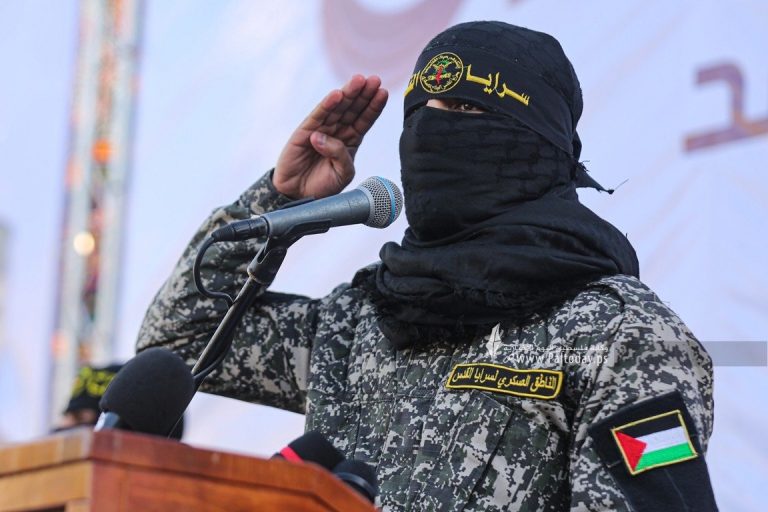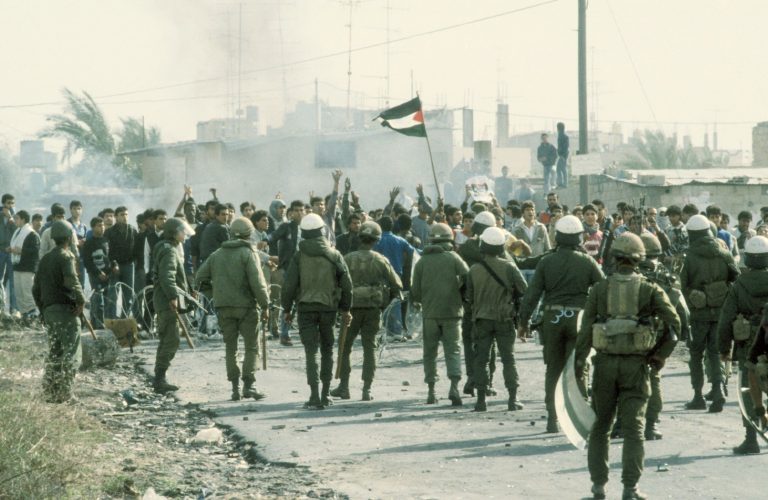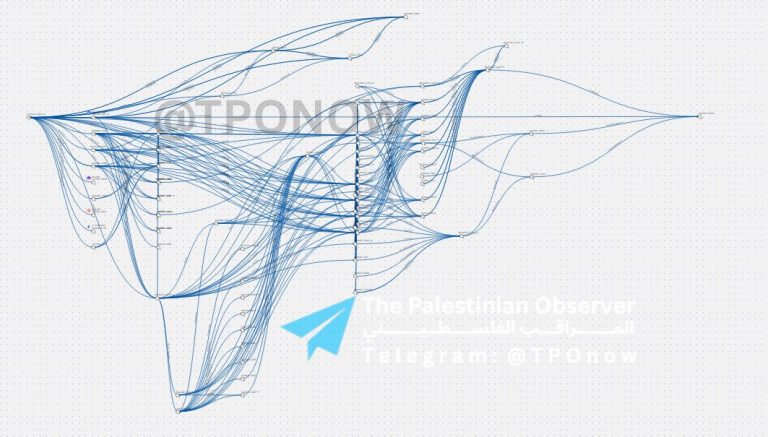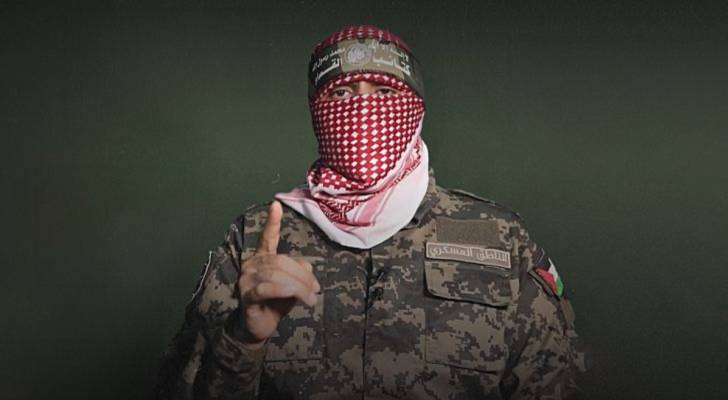As bombs fell and Gaza’s infrastructure collapsed, another war quietly unfolded in the streets—one not led by foreign forces, but by locals who saw crisis as opportunity. In the midst of collective suffering, a network of profiteers, armed gangs, and black-market monopolists turned survival into a commodity and made misery their business model.
Weaponizing Hunger
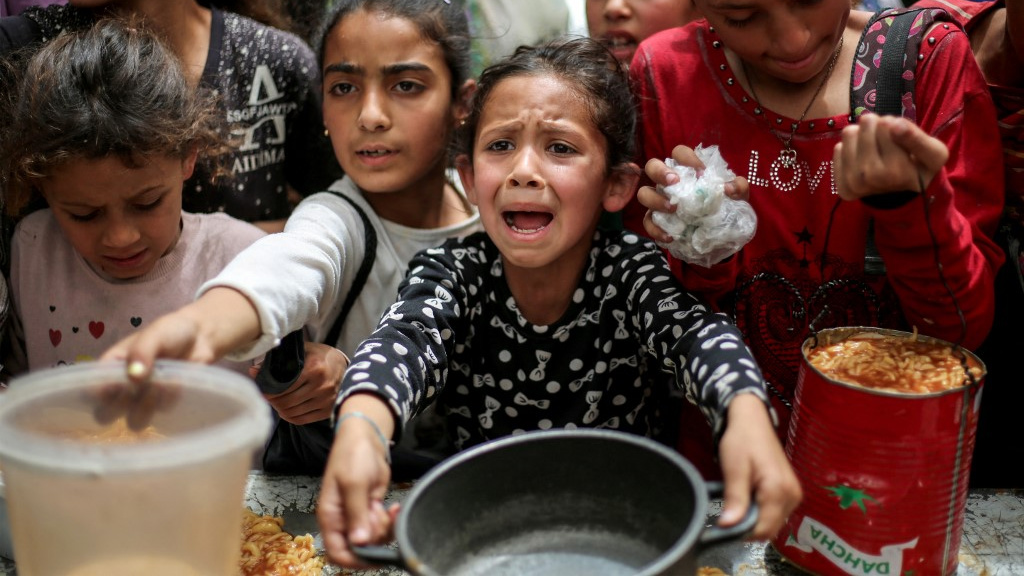
In wartime Gaza, basic necessities became luxuries. A bag of flour—once affordable for any household—now sells for upwards of 1500 shekels when available at all. While many blamed shortages, the real story was more sinister: aid was deliberately hoarded, supply chains were hijacked, and access was restricted to inflate profits.
Vendors coordinated price hikes, often timing them with religious and cultural days when demand would spike. On Fridays and Saturdays, prices for essential goods would surge by 50% or more, preying on families simply trying to gather and exercise their traditions.
This wasn’t survival pricing. It was predatory economics—a war crime disguised as commerce.
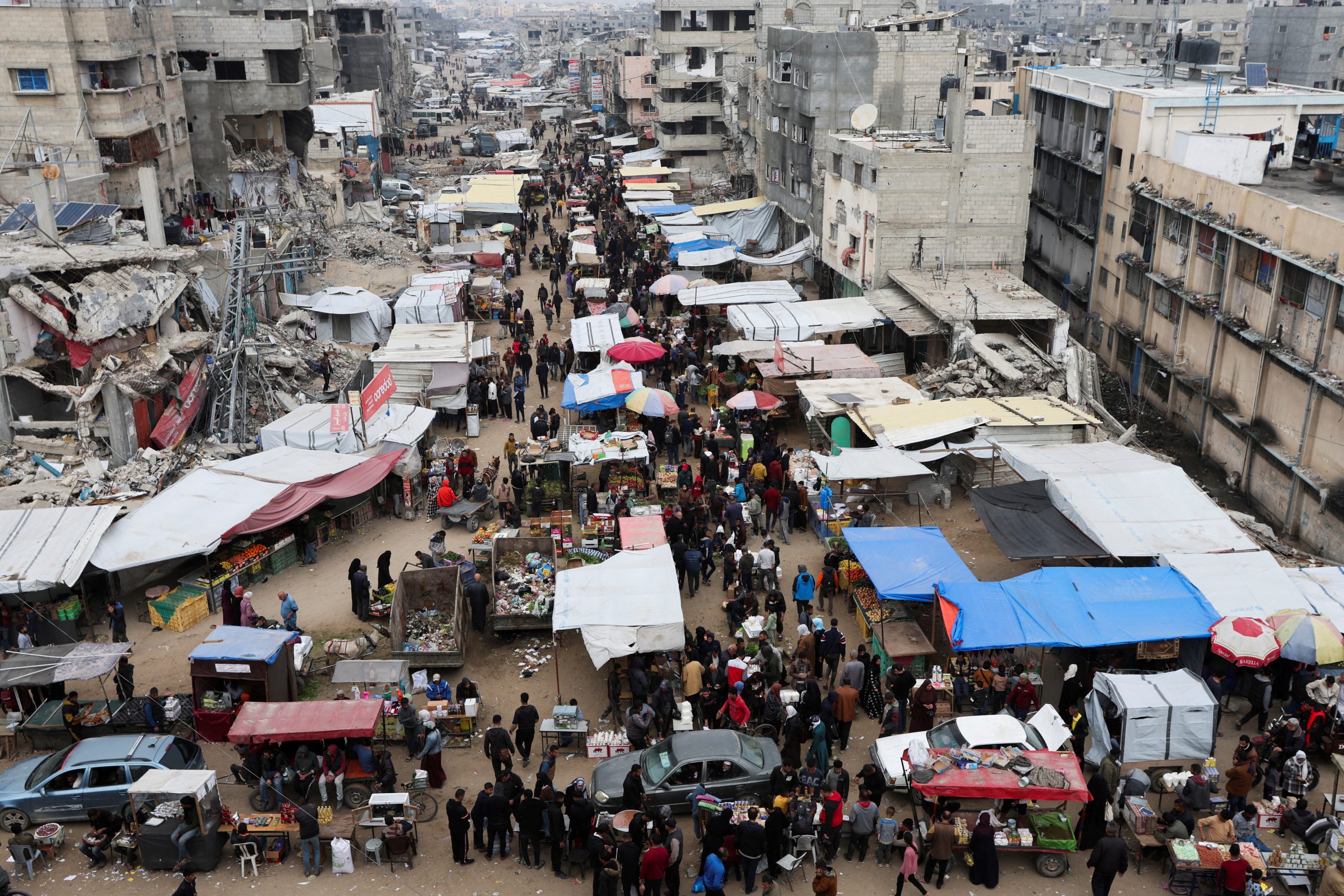
When Vendors Became Warlords
As the blockade tightened and aid became a trickle, some vendors armed themselves—not for defense, but domination. Using stolen weapons from fallen resistance fighters, they began enforcing their monopolies with violence. These sacred tools of liberation were desecrated, used to silence dissenters, intimidate competitors, and threaten anyone who questioned the extortionate prices.
Soon, these profiteers weren’t just merchants—they were warlords. They established unauthorized checkpoints, stopping vehicles to loot food, medicine, and even personal belongings. Carjackings became common. Aid convoys were ambushed in broad daylight.
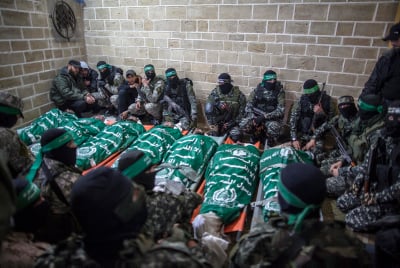
Looting the Lifeline
Aid warehouses became primary targets. Coordinated gangs—operating under Israeli oversight or in areas left deliberately unmonitored—raided storage facilities, seizing shipments before they could be distributed to the public.
Stolen aid was then repackaged and resold through their private networks, with prices multiplied tenfold. Families lined up for hours hoping for flour or canned beans, only to be told supplies had run out—while those very goods sat behind closed market stalls, waiting for those who could afford the ransom.
Rotten Ethics, Rotten Goods
Even when goods were available, they were rarely safe. Multiple vendors were caught selling spoiled meat, expired canned food, and rotten produce, while keeping fresh supplies for their own families or elite customers. In some cases, food was deliberately left to spoil rather than being sold at a fair price. The message was clear: if you can’t pay, you don’t deserve to eat.
Khan Yunis: A Microcosm of Resistance and Retaliation
This crisis came to a head in Khan Yunis, where produce shop owners—the only remaining source of food for many—closed their stores in protest after the ministry enforced emergency regulations to lower prices amid the famine. Instead of supporting the people, these vendors chose to hoard and withhold.
This is now the third day in a row that produce shops have been shuttered, and even Palestinians with money are left with nowhere to buy food. When security forces intervened and attempted to stop trucks loaded with produce from leaving the city, vendors were physically disciplined and threatened, warned to comply with the new price regulations or face consequences.
The conflict is no longer just about Israeli aggression—it is about who is willing to starve Gaza from within, and who is brave enough to stop them.
Gaza’s Hidden War
Gaza has always known external enemies—but these acts came from within. These were not isolated incidents, but signs of a parallel system of control, built on blood, fear, and hunger.
In a time when unity was needed more than ever, a segment of society chose to fracture it for profit. They robbed not just aid trucks, but dignity. Not just warehouses, but hope.
This is not just an exposé—it is a warning: never forget the difference between those who helped, and those who hoarded. Between those who gave, and those who gouged. Between those who resisted, and those who betrayed.
